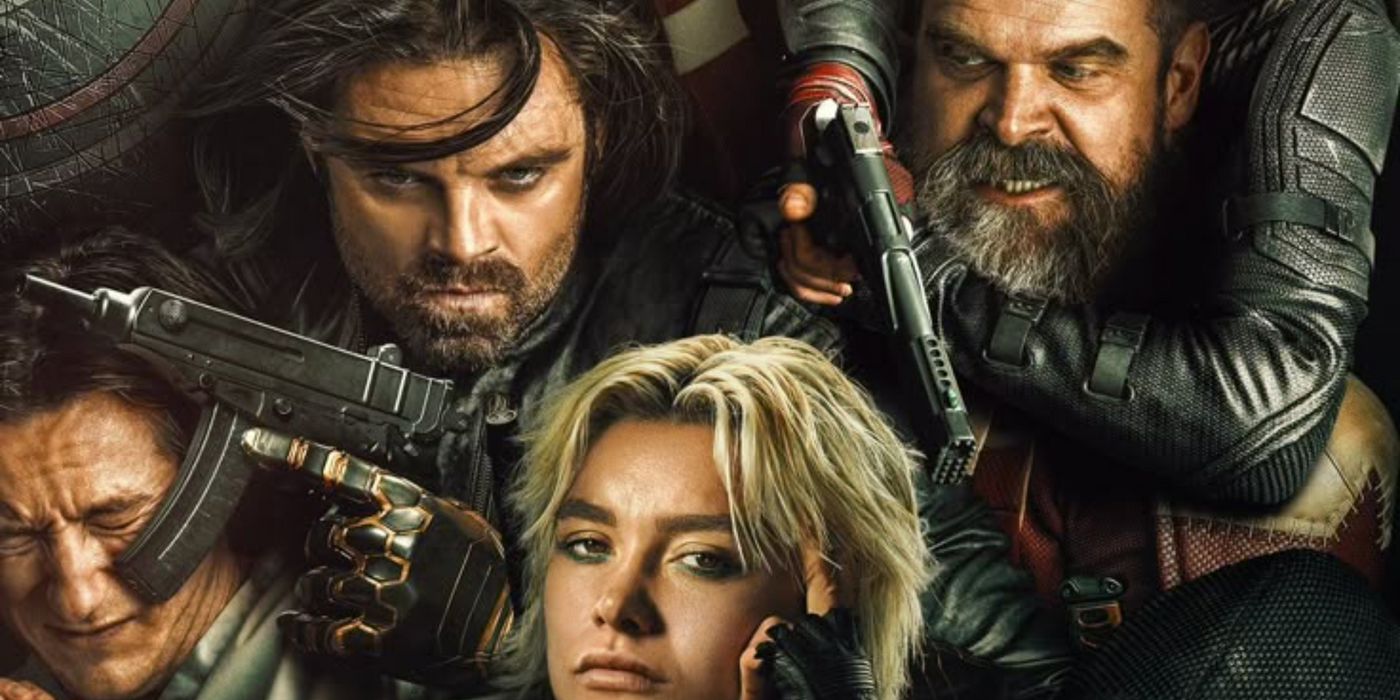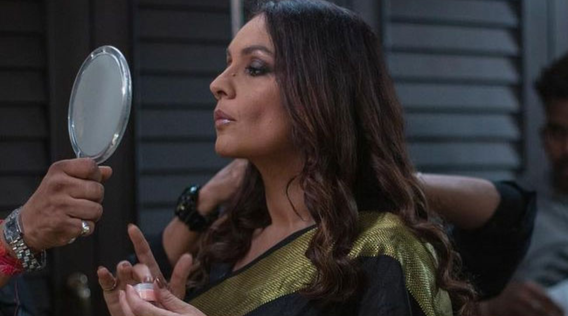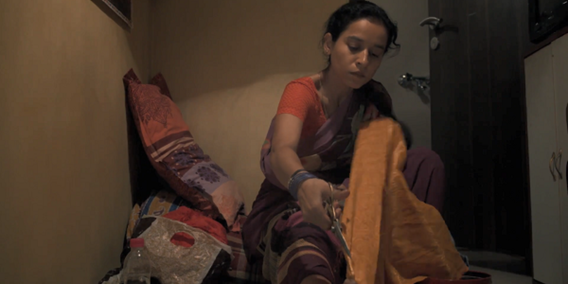Marvel movies aren’t known for their subtlety. Explosions, end-of-the-world stakes, and a predictable arc of redemption—these are the ingredients we’ve come to expect. So when I walked into Thunderbolts, I wasn’t looking for a meditation on mental health. I went, as so many of us do, out of habit. Marvel releases a new film, and we show up.
But Thunderbolts surprised me. Not because of its action sequences, which were as grand and chaotic as always, but because somewhere between the fight scenes and CGI spectacle, it delivered a strikingly human story. One that mirrored the very real, very messy experience of living with guilt, shame, and unresolved trauma.
“I wake up, scroll through my phone, drink, sleep. Repeat.”
She says it offhandedly, as if it’s merely routine. But I felt the weight of those words. Because for many of us, especially in the quiet hours of night, that is the routine. When distractions fall away, when the noise dims, we are left with ourselves. And that is often the most uncomfortable company.
Avoidance as Survival, Avoidance as a Trap
As a psychologist, I’m familiar with the language of avoidance. But Thunderbolts doesn’t explain it in clinical terms. It shows it. Yelena numbs her pain with work, alcohol, and endless scrolling. Bob, another character, retreats into the recesses of his mind—a safe attic space where the real world can’t touch him. These are not villains in the traditional sense. They are people consumed by the parts of themselves they cannot face.
Bob’s internal darkness—the Void—is more than a metaphor. In the film, it manifests as a literal entity, threatening to swallow New York whole. On screen, it’s a shadowy monster. In life, it’s depression. Trauma. The parts of us we stuff down until they spill over.
The depiction is dramatic, yes. But it resonates because it captures a truth often overlooked: avoidance works. Until it doesn’t. For a while, distractions keep the darkness at bay. But eventually, what we avoid grows teeth.
The False Promise of Control
I’ve caught myself in that loop more times than I care to admit. When work feels lacking, when a conversation lingers unpleasantly in my mind, when an old mistake resurfaces—I pick up my phone. I scroll. I avoid. It feels like control. But it’s a trap. The more I avoid, the more the spiral tightens.
Thunderbolts captured this with surprising nuance. Bob’s refuge, his “safe” attic, is anything but. Below him, the sounds of past trauma—his mother’s screams, the violence he couldn’t stop—rumble through the floorboards. He sits frozen, telling himself, “It will be over soon.”
That line stayed with me. How often do we do the same? Tell ourselves that if we just wait it out, the discomfort will pass. That ignoring it is easier than facing it.
But memories, like shadows, don’t dissipate when ignored. They distort. They grow.
The Role of Others in Our Healing
One of the film’s quietest triumphs is its portrayal of recovery as a communal act. Yelena doesn’t pull Bob out of the Void by force. She doesn’t “fix” him. Instead, she stands with him. One by one, the rest of the team does the same. They confront their own memories, their own shame, and in doing so, remind Bob that he isn’t alone.
In my work, and in my life, I’ve seen how profoundly isolating guilt and shame can be. They convince us that we are uniquely broken, unworthy of connection. But the very thing that feels hardest—reaching out, allowing others to witness our pain—is often what saves us.
The Wounded Healer
Perhaps what struck me most was Yelena herself. She’s not a paragon of mental health. She’s fractured, bitter, barely holding it together. And yet, she leads the group through their collective healing. She embodies what many of us in the helping professions grapple with—the role of the wounded healer. The balance of holding space for others while navigating our own voids.
Her struggle is familiar. So is her resilience.
No One is Purely Good or Bad
Thunderbolts doesn’t pretend that trauma can be defeated with a single battle. The memories remain. The darkness exists. But what changes is the relationship the characters have with it. They stop running. They stop fighting shadows with more shadows.
There’s a quiet power in that message. That healing isn’t about erasing the past. It’s about integrating it. Learning to live with the parts of ourselves we’d rather disown.
We are all, in some way, both hero and anti-hero. What defines us is not the mistakes we’ve made, but the choices we make next.
And maybe—just maybe—Marvel knows that too.







